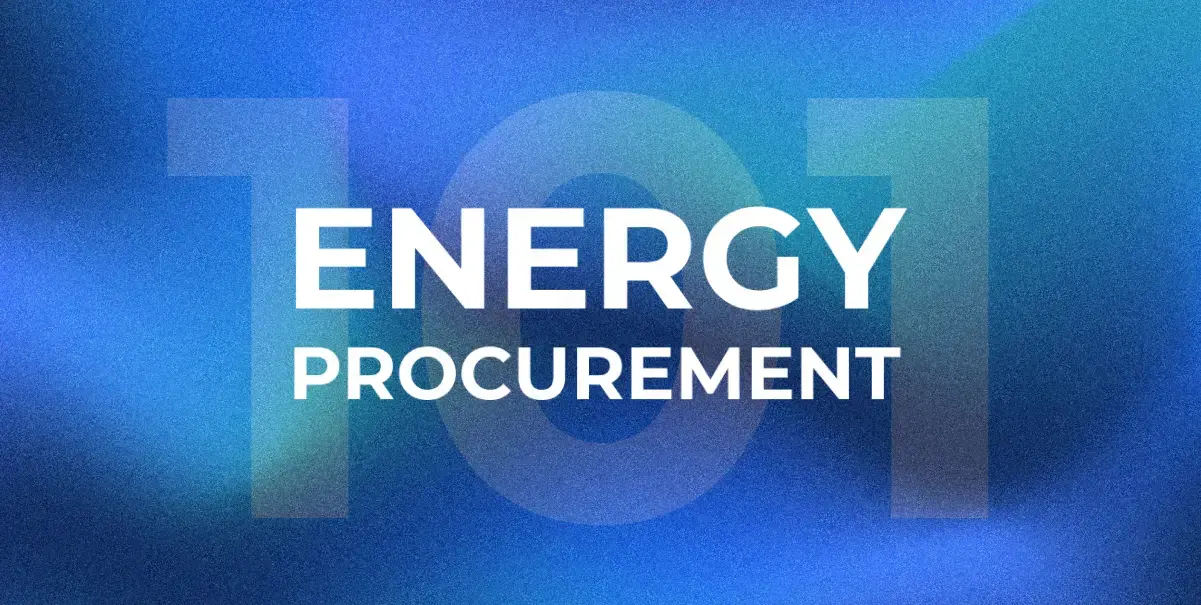Maximize the Bottom Line: Reduce Utility Costs in the Commercial Real Estate Industry
In today's competitive market, finding ways to reduce operational costs is essential for success in the commercial real estate (CRE) industry. One area where significant savings can be achieved is in utility expenses. From lighting to HVAC systems, there are numerous opportunities to optimize energy usage and decrease utility bills. In this blog, we'll explore some practical tips and strategies for CRE professionals to reduce utility spend without compromising on comfort or functionality.
Conduct a Comprehensive Energy Audit:
Before implementing any changes, start by conducting a thorough energy audit of your properties. This will help identify areas of inefficiency and prioritize opportunities for improvement. Consider hiring a professional energy broker like Energy CX to assess your buildings and provide recommendations tailored to your specific needs.
Invest in Energy-Efficient Lighting:
Lighting accounts for a significant portion of energy consumption in commercial buildings. Upgrade to energy-efficient LED lighting solutions to reduce electricity usage and lower utility bills. LED bulbs last longer and consume less energy compared to traditional incandescent or fluorescent lights, making them a cost-effective investment in the long run.
Implement Smart HVAC Controls:
Heating, ventilation, and air conditioning (HVAC) systems are another major contributor to utility costs. Install programmable thermostats and invest in smart HVAC controls to optimize temperature settings based on occupancy patterns and time of day. Implementing zone-based heating and cooling can also help reduce energy waste by only conditioning spaces that are in use.
Enhance Building Insulation:
Proper insulation is essential for maintaining a comfortable indoor environment while minimizing energy loss. Inspect your properties for gaps, leaks, and inadequate insulation, particularly around windows, doors, and ductwork. Addressing these areas can improve thermal efficiency and reduce the workload on HVAC systems, resulting in lower utility bills.
Encourage Tenant Engagement:
Engage with tenants to promote energy conservation practices and encourage them to adopt sustainable behaviors. Provide educational materials and resources on energy-saving tips, such as turning off lights when not in use, unplugging electronics, and adjusting thermostat settings. Building a culture of sustainability can lead to collective energy savings across your properties.
Explore Renewable Energy Options:
Consider incorporating renewable energy sources, such as solar panels or wind turbines, into your properties to offset electricity costs and reduce reliance on grid power. Renewable energy systems can generate clean, sustainable power onsite, offering long-term financial benefits and environmental advantages.
Monitor and Analyze Utility Data:
Implement energy monitoring and management systems to track utility usage in real-time and identify opportunities for optimization. Analyzing utility data can reveal patterns, trends, and anomalies that may indicate areas of inefficiency or opportunities for improvement. Data-driven energy brokers like Energy CX can take care of this for you. Use this information to make data-driven decisions and adjust strategies accordingly.
By implementing these tips and strategies, CRE professionals can effectively reduce utility spend and increase operational efficiency in their properties. From upgrading lighting fixtures to implementing smart HVAC controls and fostering tenant engagement, there are numerous opportunities to achieve significant savings while promoting sustainability and environmental stewardship. By prioritizing energy efficiency and adopting innovative solutions, the CRE industry can contribute to a greener future while enhancing the bottom line.



